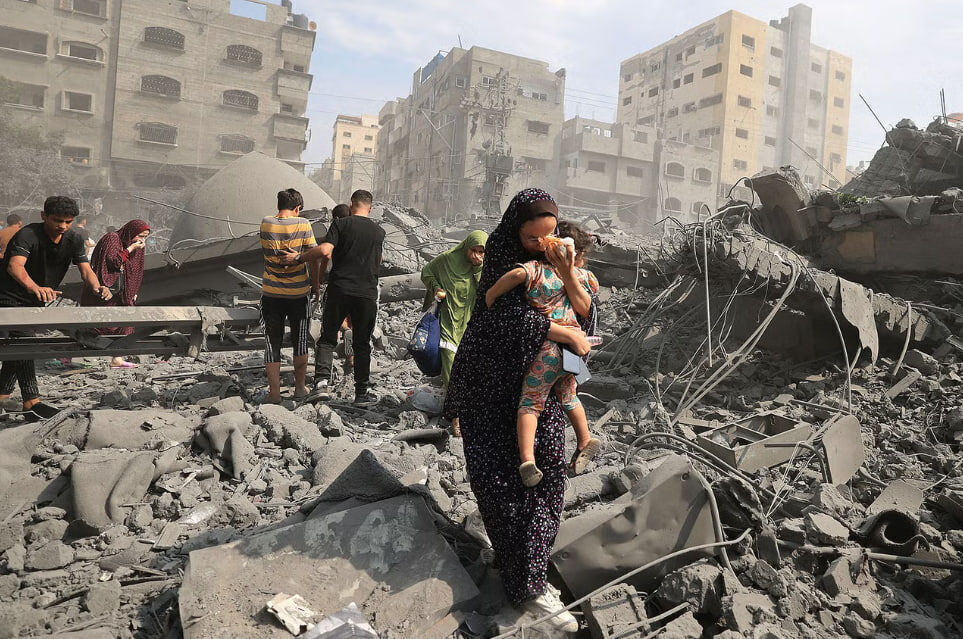
Published 12/12/2024 17:23 | Edited 12/12/2024 19:40
This Wednesday (11), the General Assembly of the United Nations (UN) approved, by a large majority, a resolution that demands an immediate, unconditional and permanent ceasefire between Israel and the Hamas group in the Gaza Strip. The measure, which received 158 votes in favor among the 193 member countries, also calls for the instant release of all hostages held by Hamas.
The decision reflects growing international pressure for a solution that puts an end to the violence in the region, which has caused humanitarian devastation. Despite not being legally binding, the resolution has significant political weight, representing the global majority opinion on the conflict.
United States and Israel oppose the resolution
Among the countries that voted against the resolution were the United States, Israel and seven other members, while 13 nations chose to abstain. The US deputy ambassador to the UN, Robert Wood, justified the American opposition by claiming that the measure “rewards Hamas” and disregards the need to release the hostages. In the territory, however, armed resistance does not exist, with only the devastation and unjustified death of civilians visible.
Wood also criticized a second resolution passed by the Assembly, which reaffirms support for the United Nations Relief and Works Agency for Palestine Refugees (UNRWA). This measure was a response to Israel’s decision to ban the agency’s operations in Israeli territory from January 2025.
Accusations against UNRWA and growing tensions
Israel accused UNRWA members of collaboration with Hamas, pointing out that nine agency employees may have participated in the group’s attack on Israeli territory on October 7, 2023, which triggered the current war. UNRWA is a UN organization that develops numerous projects to support families expelled from their homes and lands by Israelis.
UNRWA operations, essential to providing humanitarian aid in Palestine, have been questioned by Israel, which considers them compromised by the presence of members linked to Hamas. Israel treats every Palestinian, including children, with the same brutality as it treats alleged Hamas fighters. Within this logic there are also doctors and employees linked to humanitarian aid.
Regional context and conflict fronts
The war in Gaza has already resulted in more than 43,000 Palestinian deaths, in addition to the destruction of much of the territory’s infrastructure. On the other hand, the Israeli Army continues to search for hostages kidnapped by Hamas during the October 2023 attack, which left more than 1,200 people dead in Israel.
Meanwhile, a ceasefire was recently reached between Israel and Hezbollah in Lebanon, following months of bombings that displaced more than a million people and left dozens dead. Groups such as Hamas, Hezbollah and Islamic Jihad, financed by Iran, remain declared enemies of Israel, which maintains tensions in the region.
In addition, Israel has conducted attacks against Iranian-allied targets in countries such as Syria, Yemen and Iraq. Despite the clashes, fears of an all-out war between Israel and Iran have not yet materialized, but the situation remains volatile.
The approval of the resolutions by the UN reflects the urgency of a solution to the conflict, but exposes geopolitical divisions. As the international community seeks a path to a cessation of hostilities, the future of negotiations depends on the willingness of the conflicting parties and the support of global powers.
Source: vermelho.org.br

